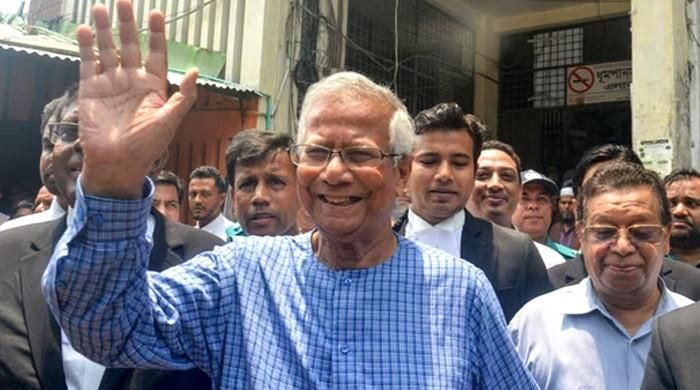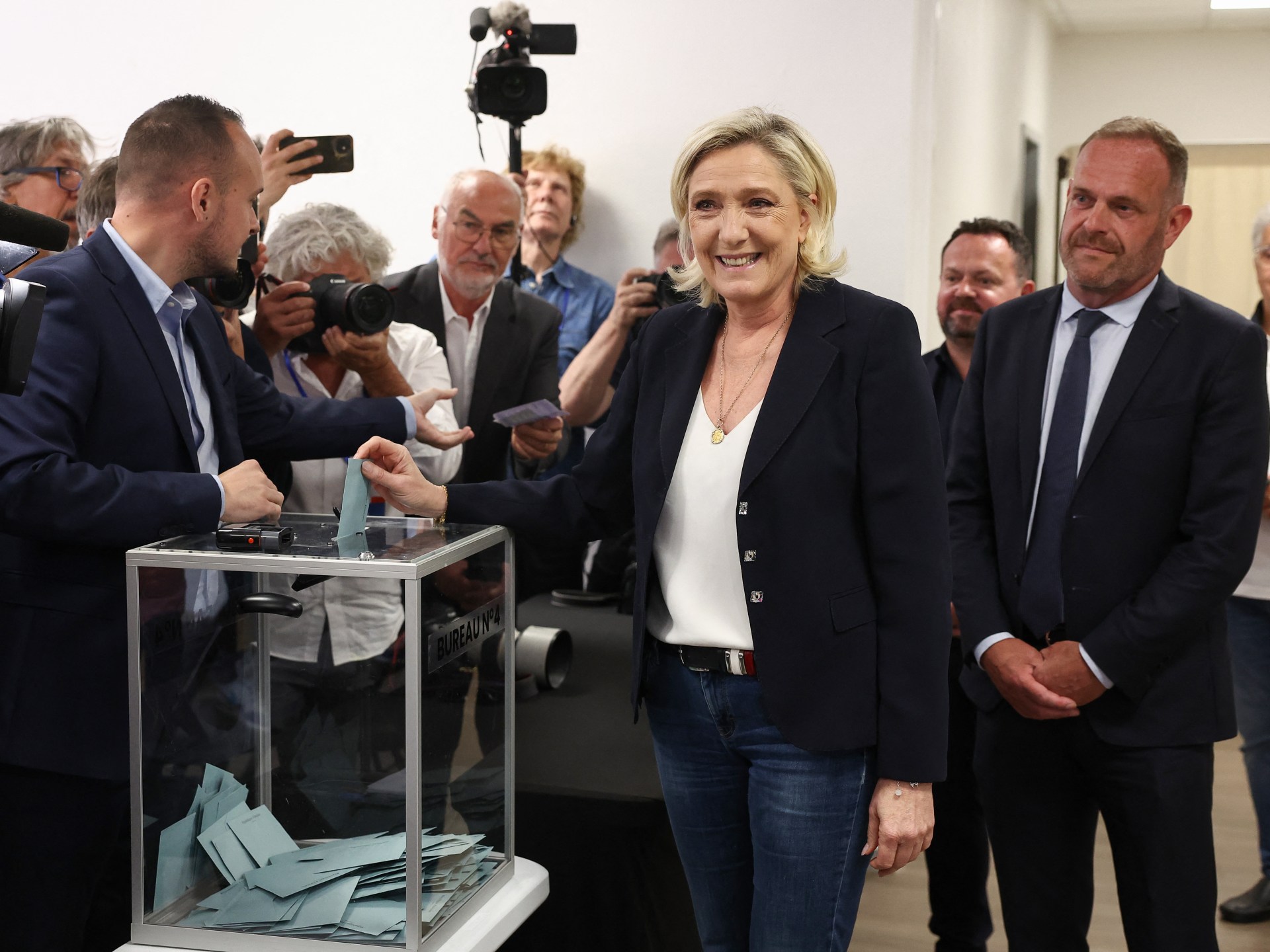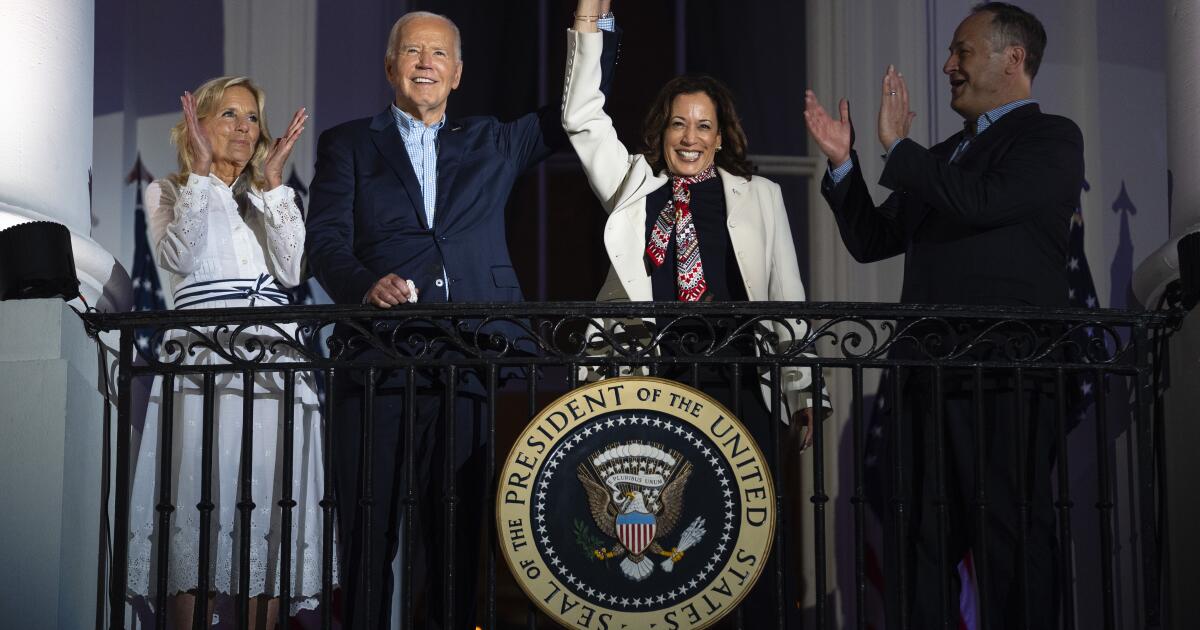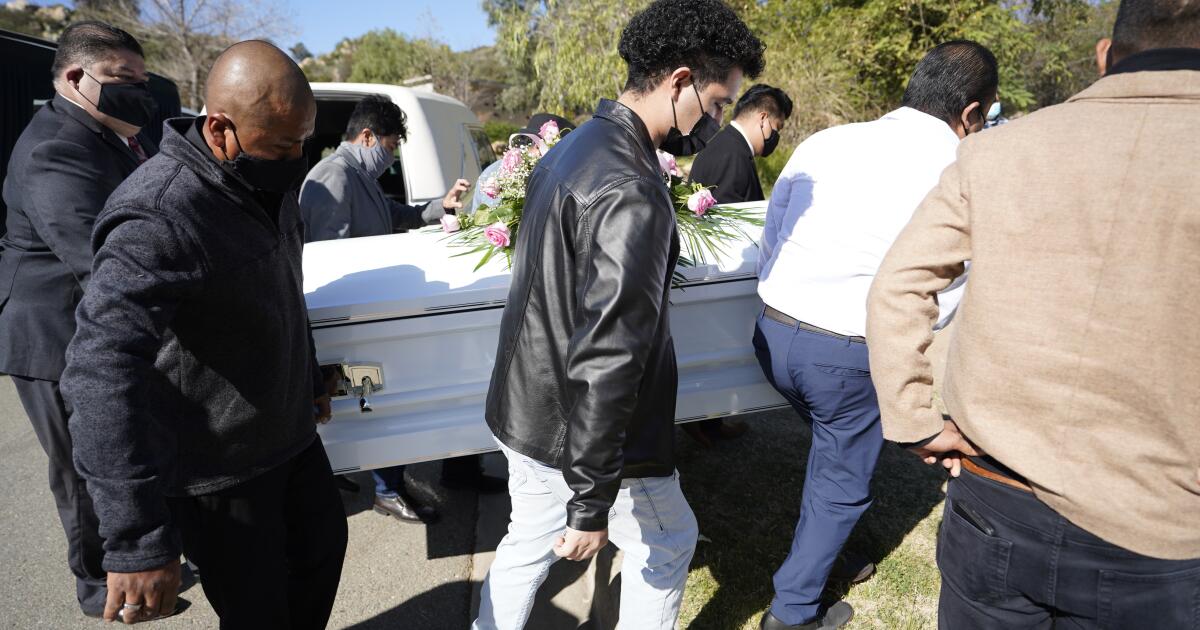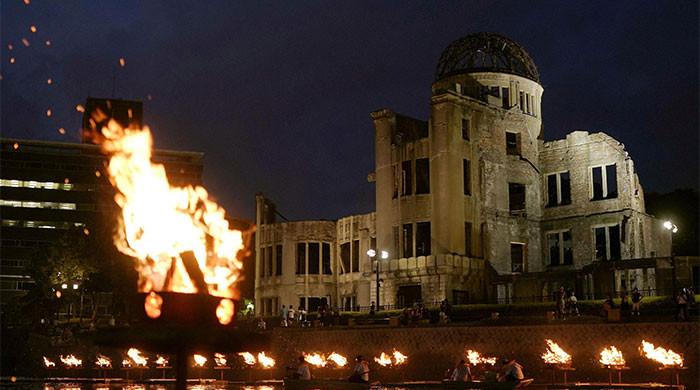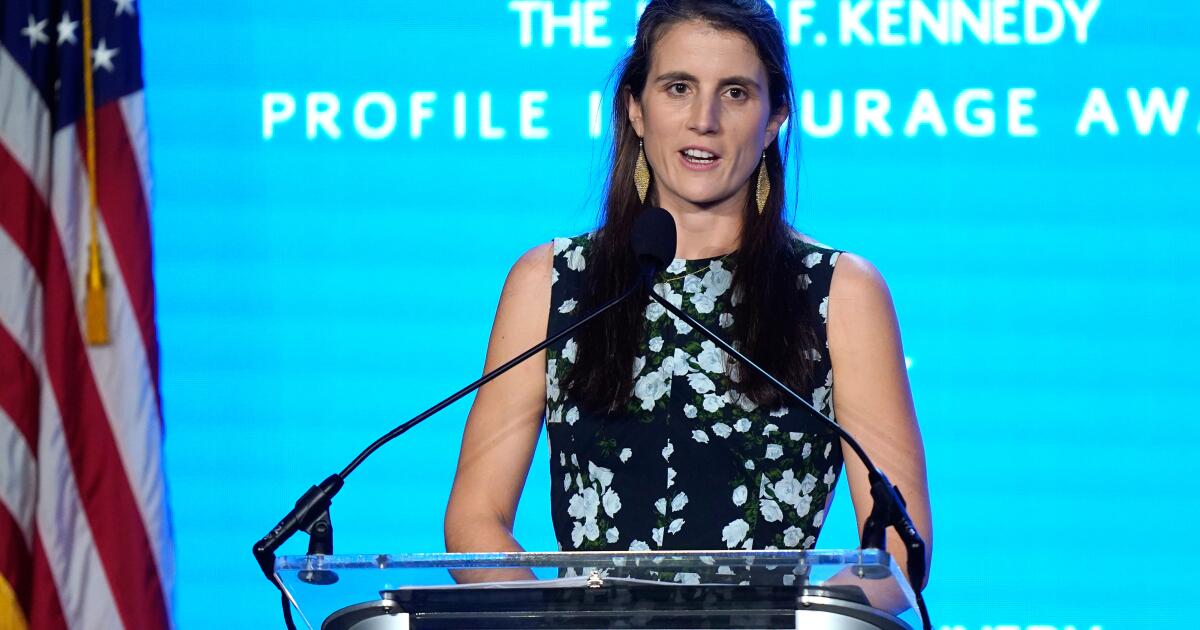- If measures need to be taken for my country, I will take them, Yunus says.
- Student leaders elect Nobel laureate to lead interim government.
- The president dissolves parliament at the request of student leaders.
Nobel laureate Muhammad Yunus will be a senior adviser to Bangladesh's interim government. The daily star reported on Wednesday, citing a press release from Bangabhaban.
The Nobel laureate said he was ready to lead an interim government, a day after the military seized control as mass protests forced ruler Sheikh Hasina to flee.
Yunus, 84, a microfinance pioneer, is credited with lifting millions out of poverty, earning the enmity of the ousted Hasina and the widespread respect of millions of Bangladeshis.
“If action needs to be taken in Bangladesh, for the sake of my country and the courage of my people, then I will take it,” he said. AFP In a statement, he also called for “free elections” after student leaders asked him to lead an interim government.
Hasina, 76, had been in power since 2009 but was accused of rigging an election in January and then saw millions of people take to the streets over the past month demanding her resignation.
Hundreds of people were killed as security forces tried to quell the unrest, but protests grew and Hasina eventually fled aboard a helicopter on Monday after the military turned on her.
Army chief General Waker-Uz-Zaman announced on Monday that the military would form an interim government, saying it was “time to stop the violence.”
The president dissolved parliament on Tuesday, a key demand of student leaders and the main opposition Bangladesh National Party (BNP), which has demanded elections within three months.
“We trust in Dr. Yunus”
“We trust in Dr Yunus,” wrote Asif Mahmud, a key leader of the Students Against Discrimination (SAD) group, on Facebook.
On Tuesday, the military reshuffled several top generals, demoting some seen as close to Hasina and firing Ziaul Ahsan, a commander in the feared and U.S.-sanctioned Rapid Action Battalion paramilitary force.
Former prime minister and BNP chairperson Khaleda Zia, 78, was also released after years of house arrest, according to a statement from the president and her party.
The capital's streets were largely calm on Tuesday — traffic resumed, shops opened and international flights resumed at Dhaka airport — but government offices were mostly closed a day after chaotic violence that killed at least 122 people.
Millions of Bangladeshis flooded the streets of Dhaka to celebrate Waker's announcement on Monday, and jubilant crowds also stormed and ransacked Hasina's official residence.
“We have freed ourselves from a dictatorship,” said Sazid Ahnaf, 21, comparing the events to the war of independence that separated the nation from Pakistan more than five decades ago.
The Deadliest Day
Police said the mobs launched revenge attacks against Hasina's allies and her own officials, and also stormed a prison, freeing more than 500 inmates.
Monday was the deadliest day since protests began in early July, with another 10 people killed on Tuesday, bringing the death toll to at least 432, according to a AFP count based on information from police, government officials and hospital doctors.
Protesters stormed parliament and set fire to television stations. Others vandalised statues of Hasina's father, Sheikh Mujibur Rahman, a hero of Bangladesh's independence.
Some businesses and homes owned by Hindus, a group seen by some in the Muslim-majority nation as close to Hasina, were also attacked, witnesses said.
Bangladeshi human rights groups, as well as diplomats from the United States and the European Union, said on Tuesday they were “very concerned” by reports of attacks against religious, ethnic and other minority groups.
The main police unions said their members had declared a strike “until the safety of all police members is guaranteed” and offered their “apologies” for police actions against protesters.
Bangladesh's main regional allies, neighbouring India and China, called for calm on Tuesday.
China hopes that “social stability can be restored soon in Bangladesh,” the Foreign Ministry said in Beijing on Tuesday, while Indian Foreign Minister S. Jaishankar said he was “deeply concerned until law and order is visibly restored.”
Political prisoners released
The unrest began last month with protests against public service quotas and escalated into broader calls for Hasina to step down.
His government has been accused by human rights groups of misusing state institutions to consolidate its grip on power and crack down on dissent, including by extrajudicially killing opposition activists.
Mothers of some of the hundreds of political prisoners secretly jailed under Hasina's government waited outside a military intelligence building in Dhaka on Tuesday.
“We need answers,” said activist Sanjida Islam Tulee.
The fate of Hasina, now in India, is also uncertain.
One source had said he wanted to go to London, but calls from the British government for a UN inquiry into the “unprecedented” violence have cast doubt on that possibility.
Thomas Kean of the International Crisis Group said the new authorities faced a huge challenge.
“The interim government that will now assume power… needs to undertake the long task of rebuilding democracy in Bangladesh, which has been so eroded in recent years,” he said.

